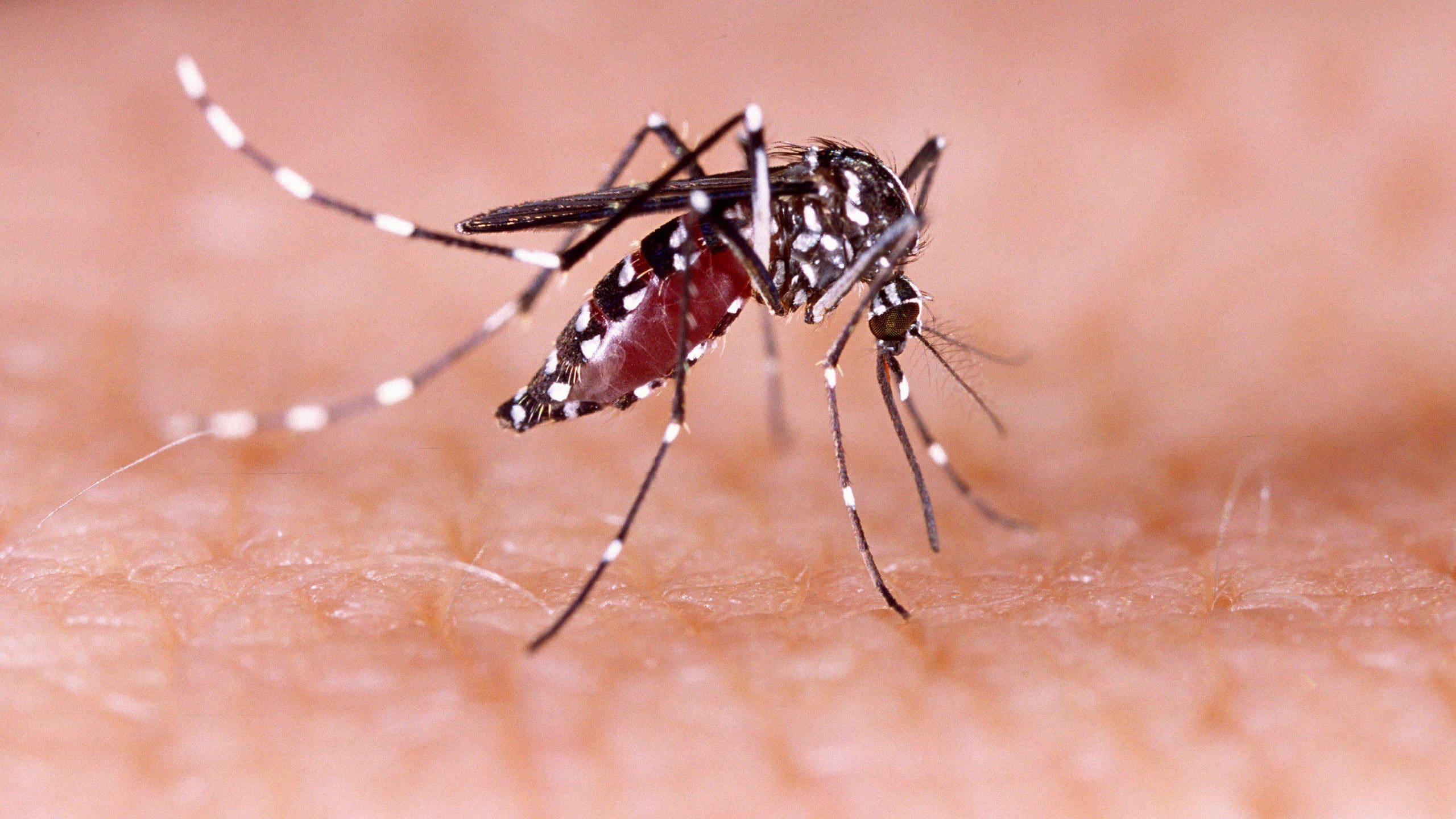
Experts debunk several 'myths associated with dengue
Don't Miss
PARAG BISWAS, SNS, SILIGURI, 16 NOVEMBER 2022 : Along with the rest of Bengal, dengue cases are sharply rising across the Siliguri Sub division. The rapid spread of the mosquito-borne infection after Diwali and Chhath, the two most popular festivals of the sub-division, is haunting all, including parents of school-going children, policemen, health staff, businessmen, workers and others as much as the myths about the disease.
According to some health experts in Siliguri, the myths associated with the disease are causing more harm than the female Aedes Agypti mosquito, which spreads the disease.
A noted cardiologist of Siliguri, Dr PK Ghosh told this correspondent that in order to control the spread of dengue in the town and its rural fringes, it was imperative to debunk the widespread myths that were associated with the deadly disease.
"Dengue viruses are spread to people through the bites of infected mosquitoes of the Aedes species and the most common myth associated with the disease is that the Aedes mosquito, which spreads the disease, is a day time feeder and is most active for approximately two hours after sunrise and several hours before sunset. But the fact is the mosquito can also bite in the night in well-lit areas. In areas which are less exposed to sunlight and are equipped with artificial lighting, the mosquitoes of the Aedes species become confused and it becomes difficult for them to follow the natural day-night cycle," he said.
Dr Ghosh also rejected the popular belief that dengue mosquitoes can fly only up to a certain height and cannot infect people living in tall buildings.
"With the number of dengue-infected persons climbing slowly but steadily to higher altitudes with each passing year, the dengue - spreading Aedes Agypti mosquitoes are increasingly invading high-rise buildings in Siliguri as in other parts of the country.
Earlier, dengue cases were generally reported among people living on lower storeys, especially ground floors. But many people living on the eighth or tenth floor are now contracting the disease. Though the mosquitoes of the Aedes species can fly only up to eight metres, they can breed on one specific floor and slowly breed on higher floors and in this process, they can go up to very high levels. They can also travel to higher floors through lifts and with goods. Once they stabilize on one particular floor, they start exploring further. Moreover, contrary to earlier theories, the dengue mosquitoes no longer breed only in clean water. Recent researches have proved that these mosquitoes may breed in clean waters sprinkled with dust or in muddy waters that have been stagnant for six or more days as they are rapidly adapting themselves to the changing circumstances around them," he cautioned.
The senior consultant physician also blasted a number of myths associated with the transmission and treatment of and recovery from the disease. "Many people are afraid to go near a dengue patient as they fear that they might also contract the disease. But dengue can never spread directly from one person to the other. The dengue virus is transmitted to humans only through the bite of an infected mosquito belonging to the Aedes species. A person infected with the virus and suffering from dengue fever can infect other mosquitoes, which in turn may bite and infect another person. It would also be worthwhile to remember that all Aedes Aegypti mosquitoes do not spread the disease. Only those mosquitoes, which carry the virus, spread the disease," he said.
Dr Ghosh warned that remission of fever was not necessarily a guarantee of complete recovery in case of dengue. "There is a rampant misconception among the masses that a fall in fever been completely cured. But even after the patient has no fever, tests to determine platelet counts should be done two times every day, as during the fever, to ascertain if the count has reached the normal level.
In many cases the tests indicate a fall in platelet count even after the fever goes away. If the tests indicate that the count is increasing, then they should be put under medical observation immediately and in case of internal bleeding, as a consequence of the low count, platelet transfusion must begin immediately," he suggested.
The veteran medical practitioner admitted the efficacy of papaya juice in the treatment of dengue but dismissed the claim that coconut oil acts as an antibiotic against dengue as unfounded. "Many studies have revealed that the C. papaya leaf juice has two medicinal potentials on dengue infection, namely anti-thrombocytopenic and immunomodulatory effects.
It is also available in the form of tablets as a safe and effective drug against dengue, though it must be kept in mind that it might trigger gastric complications and vomiting, which might lead to dehydration. However, it is a proven medication, as against coconut water, whose effectiveness is yet to be scientifically proved.
With a new and more virulent strain of the dengue virus, NS- I, which is believed to be causing severe fever and threatening outcomes, becoming the dominant strain in our state, we need to be just as careful in our approach, and follow critical measures to control the spread of dengue," he reminded.


0 Response to "Experts debunk several 'myths associated with dengue"
Post a Comment
Disclaimer Note:
The views expressed in the articles published here are solely those of the author and do not necessarily reflect the official policy, position, or perspective of Kalimpong News or KalimNews. Kalimpong News and KalimNews disclaim all liability for the published or posted articles, news, and information and assume no responsibility for the accuracy or validity of the content.
Kalimpong News is a non-profit online news platform managed by KalimNews and operated under the Kalimpong Press Club.
Comment Policy:
We encourage respectful and constructive discussions. Please ensure decency while commenting and register with your email ID to participate.
Note: only a member of this blog may post a comment.